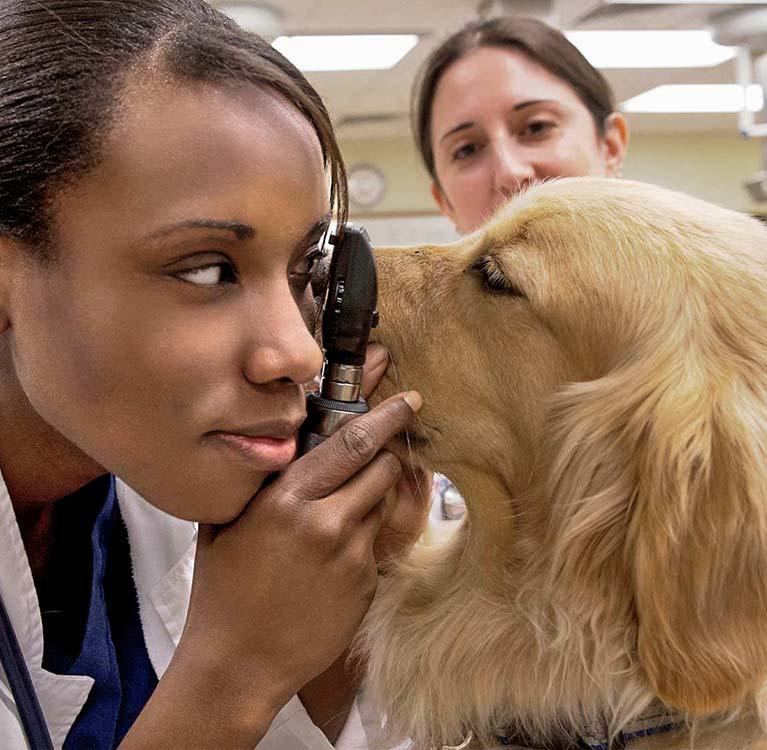Handy Ideas For Choosing Pet Health Supplements
Wiki Article
What Are The Most Common Animal Health Problems That Can Affect Them?
Medical problems in animals vary according to their species, age and overall health. The most frequent problems that animals suffer from include:
Heart Disease- Heart disease such as congestive dysfunction, can cause reduced cardiac function in animals. This is particularly true in older animals. Endocrine Disorders - Hormonal imbalances, such as Cushing's Disease and hypothyroidism can have a negative impact on the animal's health.
Diabetes mellitus Diabetes can be a problem for pets. It needs insulin therapy and diet changes.
Renal (Kidney) Kidney Disease disease is common in older pets and canines and could require changes in diet and medical treatment.
Bladder and Urinary Tract Problems with the Urinary Tract or Bladder. Conditions like bladder stones, urinary infections and urinary indisposition may affect dogs.
Allergies. Animals can be affected by allergies to environmental or food items, as well as contact allergies which can lead to skin and digestive issues.
Behavior Issues - Problems with behavior such as aggression, anxiety and phobias may negatively impact pets' well-being and require the intervention of a vet.
Wounds and injuries- Accidents, fights, or falls can cause injuries, fractures and soft tissue injuries that require medical attention.It's important to keep in mind the importance of early detection and prevention. is crucial for maintaining the health and well-being of animals. Regular veterinary exams as well as vaccinations for pets along with parasite control and a balanced diet can all aid in preventing medical problems. If your pet exhibits signs of discomfort or illness, it is important to seek immediate medical attention. The very best of the most pet kidney supplements for more recommendations.

Which Are The Most Potent Vitamins, Probiotics Or Supplements For Dogs And Cats?
Your dog's needs along with any veterinarian recommendations, should inform your selection of probiotics, supplements and vitamins. While it's important to provide your dog with a balanced, nutritious diet Certain breeds may get extra benefits from supplements. Here are some common dog food supplements as well as their potential benefits.
Antioxidants. Vitamin C and E are antioxidants that can aid in protecting the cells of your dog from oxidative damage and boost their immune system. Calcium as well as Vitamin D - These vitamins are vital for the maintenance of strong teeth and bone, especially in dogs and puppies who are growing.
Fiber Supplements If your dog suffers from digestive problems like constipation or diarrhea, then supplementation with soluble fibre can aid to control their bowel movements.
Green-Lipped Mossel Extract This supplement is rich in Omega-3 fatty acids. It can help to reduce inflammation of the joints and improve mobility.
Coenzyme 10 (CoQ10) - CoQ10 could be an antioxidant that aids in maintaining the health of your heart and energy production.
Milk Thistle- This herb is used to support liver health and is beneficial for dogs with liver conditions or who are who are taking medication that affects the liver.
It is important to speak with your veterinarian before you give any dog food supplements. Your veterinarian can give you advice tailored to your dog’s needs and conditions. The dosage of supplements can differ based on the dog's size, age, and health condition. Excessive supplementation is risky. The quality and safety may also vary between supplements, therefore it is important to pick the most trusted brands. Talk to your vet immediately when you notice any odd reactions or signs. A well-balanced and veterinarian-recommended diet is typically the best way to meet your dog's nutritional needs, and supplements should only be used when necessary and under professional guidance. Take a look at the most beautiful pet herbal supplements for dogs with anxiety for blog recommendations.

How Common Are Yeast Infections, Skin Allergies And Kidney Failure In Dogs? What Remedies Are Available?
The dogs can be affected by skin allergies, kidney problems, or yeast infections. The frequency of these conditions is based on factors like breed, age, and general health. This article will provide an overview of each condition, its prevalence and possible treatments.
Skin Allergies - Prevalence. Dogs suffer from skin allergies in large quantities. Environmental and food factors, such as pollen and dust mites, or contact allergies can trigger allergies.
Itching and skin redness. Hot spots, hair fall, as well as ear infections are possible.
Treatment- To manage skin allergies, it's essential to recognize and reduce the exposure to allergens. Treatment can include antihistamines or corticosteroids. Hypoallergenic diets and medicines such as Cyclosporine are other options. Long-term management may include immunotherapy and allergy testing.
Although these diseases are quite common for dogs, they don't have a direct impact on all dogs. Furthermore, the severity of these conditions can differ between breeds and dogs. Regular veterinary exams as well as a healthy diet as well as preventative measures such flea control and proper sanitation could aid in reducing the risk. Consult your veterinarian if you suspect that your dog has a medical problem, such as skin allergies, kidney problems or yeast infections. A veterinarian can offer an accurate diagnosis, and a tailored treatment program. Early intervention could improve the quality of life for your pet and result in better outcomes. Find the top pet herbal supplements for respiratory health for blog tips.
